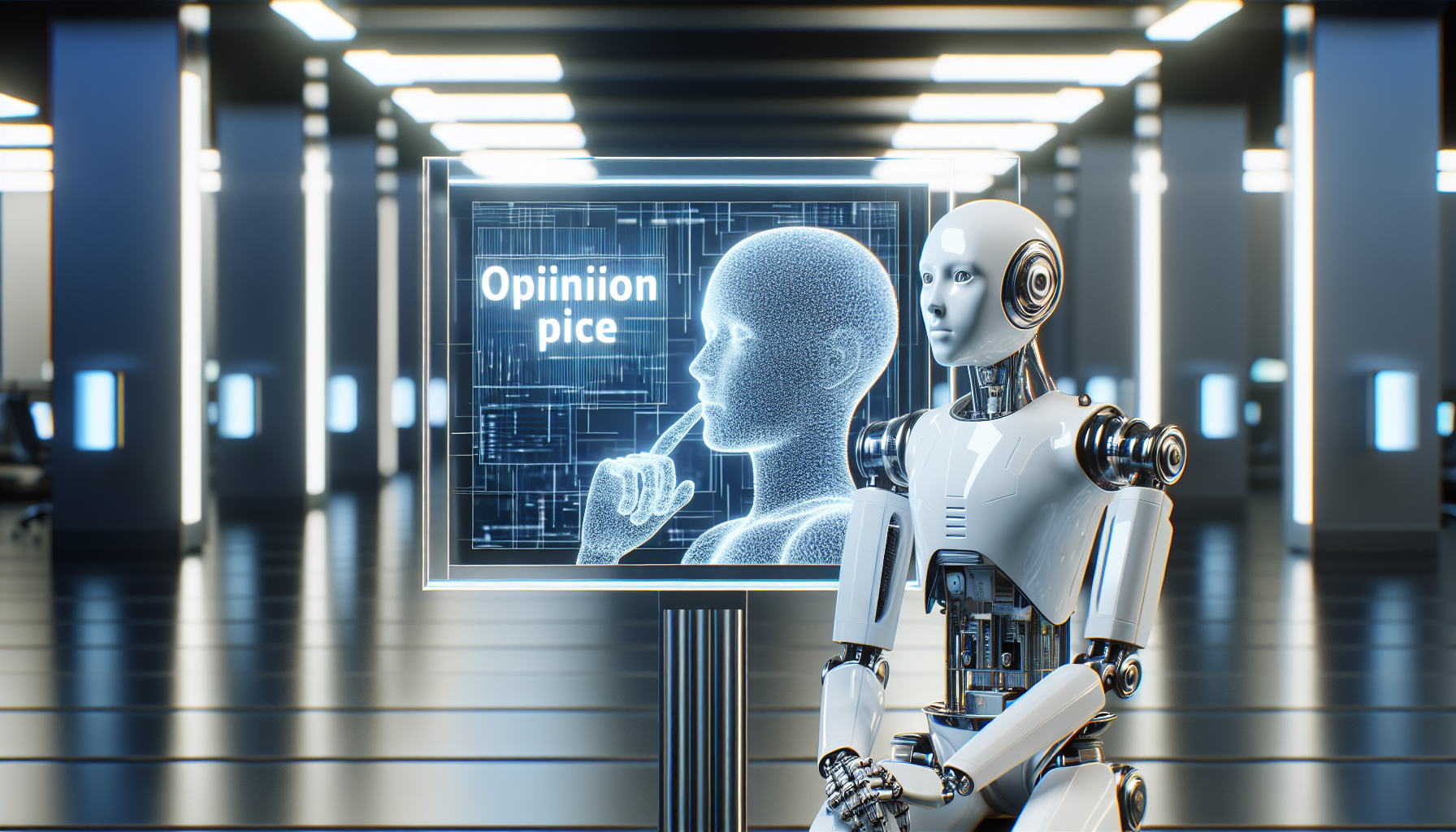
AI in Healthcare: A Revolution in Need of a Reality Check
November 20, 2025
Artificial intelligence is often hailed as a panacea for the myriad challenges plaguing the healthcare industry. While the potential of AI to revolutionize healthcare is undeniable, a deeper examination reveals a landscape fraught with complexities, risks, and ethical considerations that demand our attention.
At the heart of the AI promise is the ability to process vast amounts of data with unprecedented speed and accuracy. Algorithms can analyze medical images, predict patient outcomes, and even recommend treatment plans. These capabilities are indeed transformative, offering the possibility of faster diagnoses and more personalized care. However, the enthusiasm surrounding AI often obscures critical discussions that are necessary for its responsible integration into healthcare.
One of the most pressing concerns is the reliability of AI systems. AI's ability to learn and adapt is both its greatest strength and its most significant vulnerability. Machine learning models are trained on historical data; thus, their performance is only as good as the data they ingest. Biases inherent in medical records can lead to flawed algorithms that perpetuate existing disparities in healthcare access and treatment. A model trained on predominantly Caucasian patient data, for instance, may not perform as accurately for patients of other ethnicities, potentially exacerbating health inequities.
Moreover, the opacity of AI systems, often referred to as the "black box" problem, raises questions about accountability. When an AI system makes a recommendation or a diagnosis, the reasoning behind its decision is not always clear. This lack of transparency can undermine trust and complicate regulatory oversight. In healthcare, where decisions can be life-or-death, this opacity is particularly troubling. How can patients and healthcare providers trust a system that cannot explain its reasoning?
The integration of AI into healthcare also brings significant ethical concerns. The use of AI for patient monitoring, for example, raises questions about privacy and consent. While AI can predict potential health crises by analyzing data from wearables and other monitoring devices, it also collects sensitive personal information. Ensuring that patients are fully informed about what data is collected and how it is used is crucial, yet current consent mechanisms are often inadequate.
Additionally, the role of AI in decision-making processes must be carefully considered. While AI can provide insights, the final decision should remain with human healthcare providers. Over-reliance on AI could lead to a devaluation of human expertise and intuition, which are essential components of patient care. There is a risk that AI could become a crutch, rather than a tool, for overburdened healthcare professionals.
The commercial interests driving AI development further complicate the landscape. Tech companies are pouring resources into AI healthcare solutions, often prioritizing speed to market over thorough testing and validation. This race to innovate can lead to the deployment of unproven technologies in clinical settings, putting patients at risk. The financial incentives for these companies may not always align with the best interests of patients or healthcare systems.
Despite these challenges, dismissing AI's potential would be shortsighted. Instead, a more critical approach to its implementation is necessary. Policymakers, healthcare providers, and tech companies must collaborate to establish rigorous standards for AI development and deployment. Emphasizing diversity in data sets, enhancing transparency, and ensuring robust regulatory frameworks are all essential steps.
Education and training for healthcare professionals on the effective use of AI tools are equally important. As AI becomes more integrated into clinical practice, providers must be equipped to understand and question AI recommendations. Empowering healthcare workers to leverage AI while maintaining their critical thinking skills will be key to achieving the best outcomes for patients.
AI's promise in healthcare is immense, yet it is not a solution in and of itself. It is a tool that must be wielded with care, guided by ethical considerations and a commitment to improving patient outcomes. As we embrace this technological frontier, we must remain vigilant, ensuring that the quest for innovation does not overshadow the fundamental principles of human-centered care.
In the pursuit of AI-driven healthcare, we are faced with a pivotal question: How do we balance the allure of technological advancement with the imperative of safeguarding human dignity and equity in healthcare? This question, perhaps more than any algorithm, will determine the future of AI in medicine.


